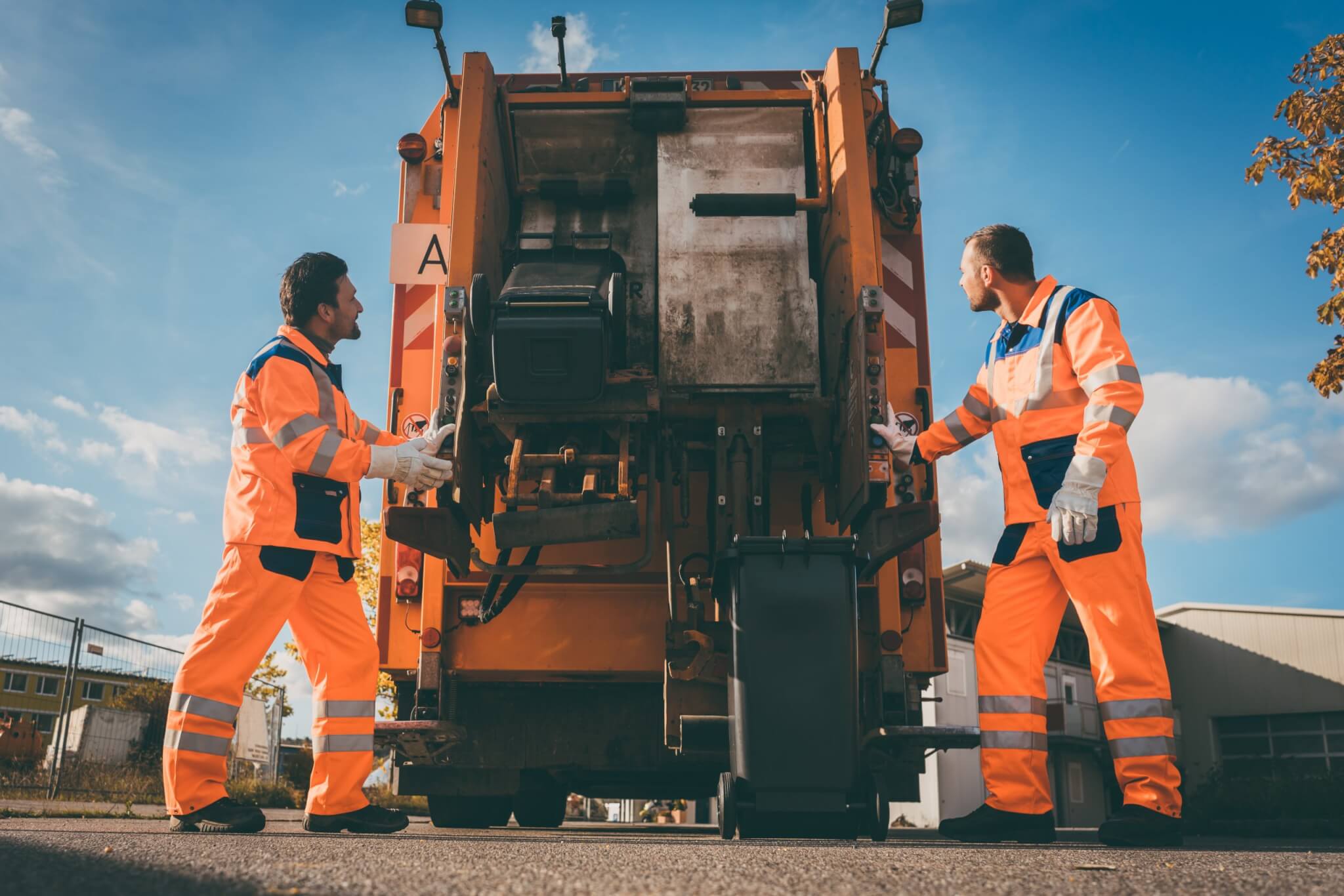Pandemic Leads Municipal Departments to Look to the Future
The coronavirus pandemic has reached into almost every sector in some way, including ones you might not think about, like garbage. From more residential and less commercial to much more yard waste and junk, Polk County’s two largest public works departments are finding new ways to handle the surge.
“Everyone is home purging their stuff and doing endless landscape and renovation work where they can,” said Winter Haven Assistant City Manager T. Michael Stavres. Like Lakeland, that’s forced his city’s public works department to rethink the way they pick up garbage and debris.
The biggest change Polk County’s two largest cities have experienced is the shift from commercial to residential garbage, said M.J. Carnevale, Winter Haven’s director of Public Works, and Gene Ginn, Lakeland’s solid waste manager.
“Three months ago, everyone went to work/school during the day and generated and disposed of waste at those locations. Now they’re home, and the residential garbage amount is up significantly,” Carnevale said. That’s forced Winter Haven to take a truck out of “retirement” so they could ramp up service.
Lakeland has been using commercial staff members to help on the residential side. “The unexpected was the 20 percent shift in tons collected from commercial to residential,” Ginn said. “More people were cleaning up around their homes, cooking meals daily, ordering take-out and starting new projects with all their new-found spare time,” Ginn said. “For us, it just made for longer days in residential operations.”
Lakeland has been creative in picking up yard waste and household junk and debris to accommodate social distancing and shrinking temporary labor staff, reducing collections to bi-weekly, taking three trucks that can collect 18 tons each out of service and using a parks and rec bus to transport team members to sites as collection trucks drove their routes.
“We were also sanitizing the contact points on all of our collection equipment in the morning and throughout the day as needed and providing PPE to all of our driving staff daily.”
Both cities run lean operations, and Carnevale said Winter Haven has moved employees from their regular positions into residential garbage collection and used overtime as needed. “We have just enough people to get the job done if all equipment is working properly, on a good day. There is not a lot of fat here.”
Moving Forward
Carnevale said the pandemic has forced his department — about 30 in garbage and 70 total — to take a harder look at its continuity of operations plan, saying it had never taken into account a scenario where the entire residential garbage fleet could be in quarantine.
“We had contingencies if 50 percent was out for one reason, like out sick, but we never contemplated the worst-case scenario,” he said. So, they brainstormed and came up with some pretty interesting plans using available resources. “In dire straits, we would deploy commercial dumpsters into a neighborhood and have one centralized point. Stop once and pick up a dumpster. We could pick up a lot quicker. We wouldn’t do this normally, but it’s a way we can continue to help get waste out of a neighborhood, so it doesn’t become a public health issue. We took our continuity of operations plan to another level. I feel more secure.”
Ginn said his department was nervous at first to work remotely, but now may explore that long term. “My office staff has been surprisingly successful working remotely and several have expressed interest in being able to continue working from home. They cite reduced stress and cost savings on their part from saving lunch and gas money. I have seen prompt customer service responses and better communication between field staff, customer service representatives and supervisors. They were always good at communicating, but it seems to have improved with the office staff remote.”
The County Landfill
At the county landfill, residential collection volumes increased 16 percent in April 2020 over the monthly average (the second-highest month since October 2017, when Hurricane Irma hit), and so did the number of residents bringing their own waste to the landfill, said Ana Wood, director of waste and recycling. “Fortunately for Polk County, we reconfigured the total buildout to approximately 150 years. So, the capacity impact is minimal from this point of view.”
Waste and recycling added several temporary positions to accommodate the additional phone call volumes, as well as the higher number of customers visiting the landfill, Wood said.
Carnavale said the county has been fortunate that it has not received much rain during the pandemic. Rain can often make the average 30- to 40-minute wait to dump waste into the landfill a two to three-hour ordeal. “It’s a big logistical challenge. Lake Ashton is a 30 minute or so drive. You can use a whole day if you have to wait.” And most garbage trucks average two runs a day to the landfill.



